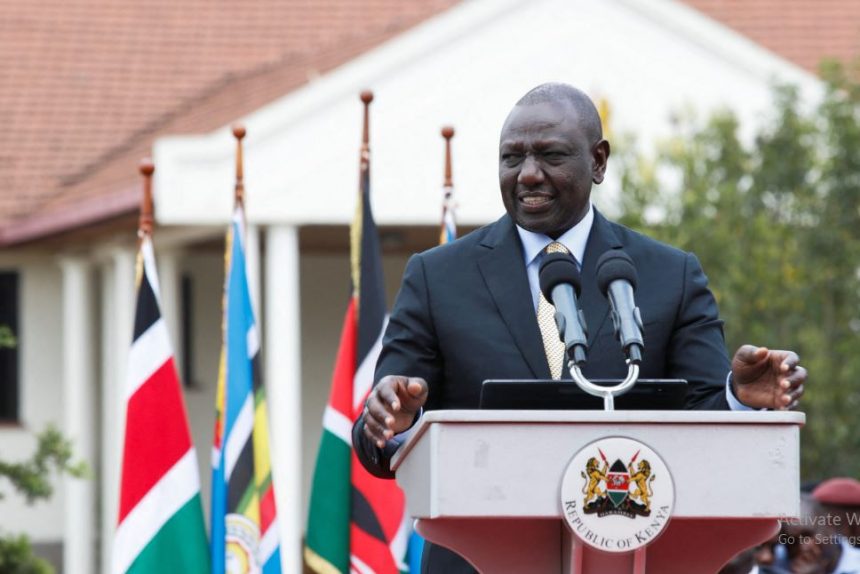According to the energy regulator, Kenya has reversed government policy and reinstated a tiny subsidy to stabilize retail fuel prices for the upcoming 30 days. This is a response to popular outrage over the country’s high cost of living.
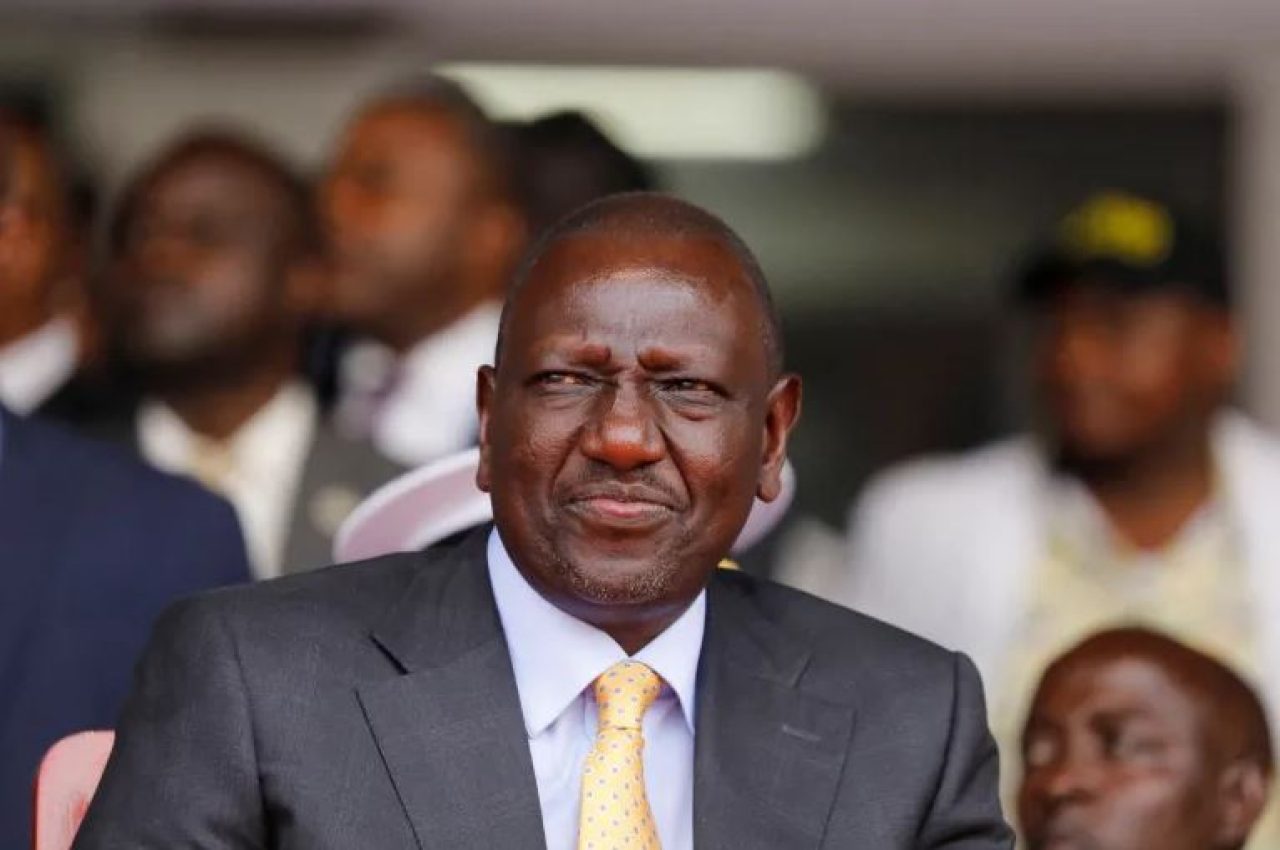
President William Ruto revoked the fuel and maize flour subsidies set in place by his predecessor after entering office in September, stating that he prefered to subsidise production as opposed to consumption.
Along with controlling debt repayments, which have required the government to refute market rumours about a potential default, the move also attempted to reduce government spending.
But recent tax increases and subsidy cuts have raised living expenses and prompted violent anti-government demonstrations in recent months.
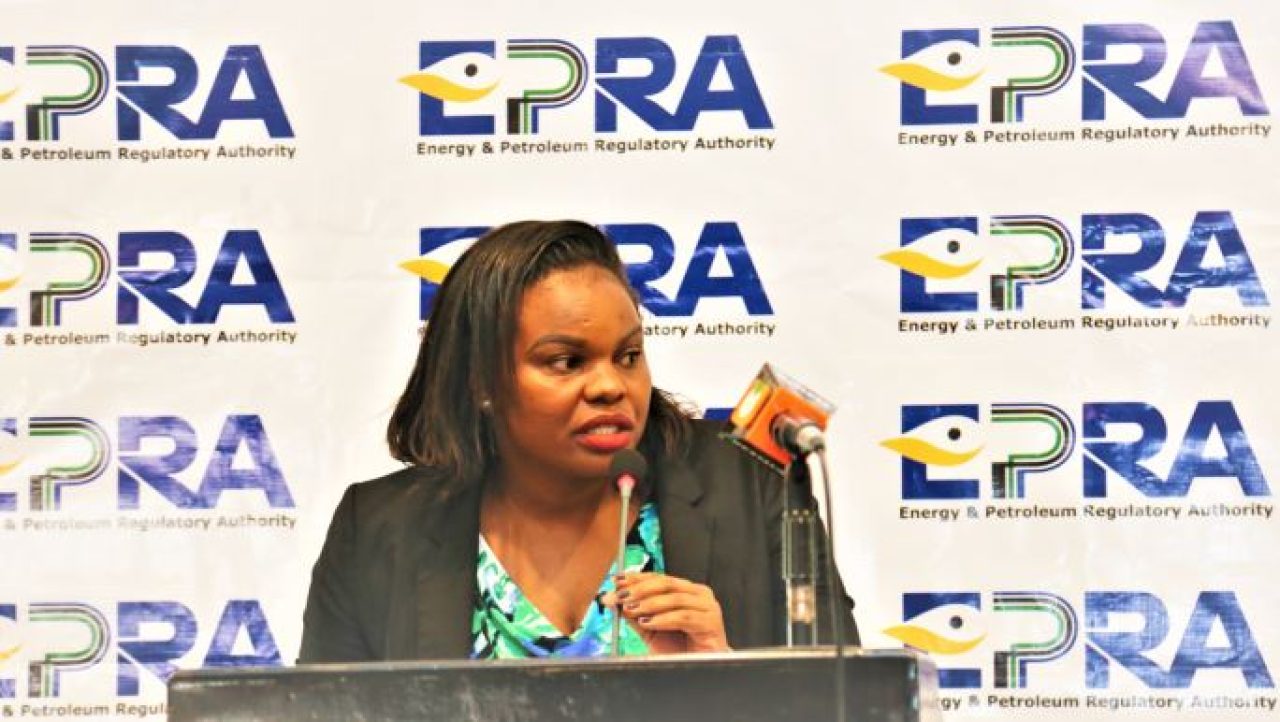
Late on Monday, the Energy and Petroleum Regulatory Authority (EPRA) announced that the maximum retail price for a litre (0.26gal) of gasoline would remain at 194.68 shillings ($1.35), protecting consumers from an increase of 7.33 shillings ($0.05) that the government will bear through a price stabilisation fund.
The middle of the month is when retail gas prices are determined. According to EPRA, the government also gave kerosene and fuel minor subsidies.
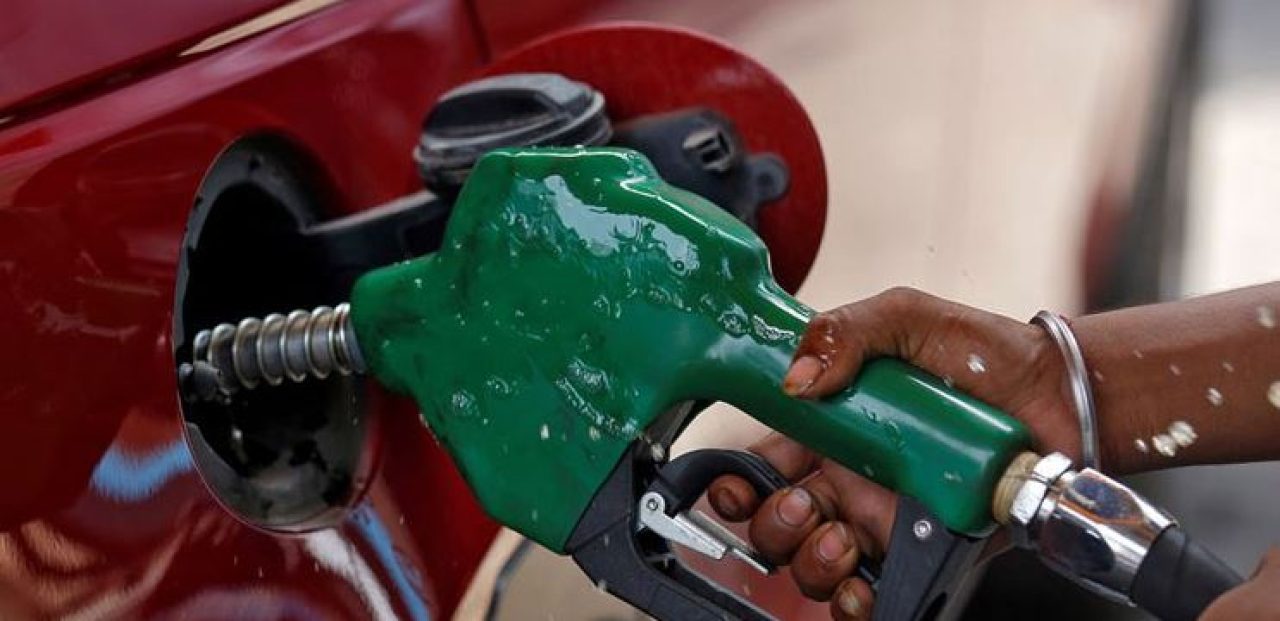
The regulator omitted a justification for the government’s choice. Requests for comment from representatives of EPRA, the Ministry of Energy, and the National Treasury and Economic Planning did not immediately elicit a response.
After Ruto cut off the subsidies, fuel costs skyrocketed. After the administration forced a divisive law through parliament that doubled the fuel tax, they increased once again in July.
Last month, after the opposition and Ruto agreed to hold discussions to address their differences—the second such attempt this year—the protests planned in opposition to that bill were suspended.
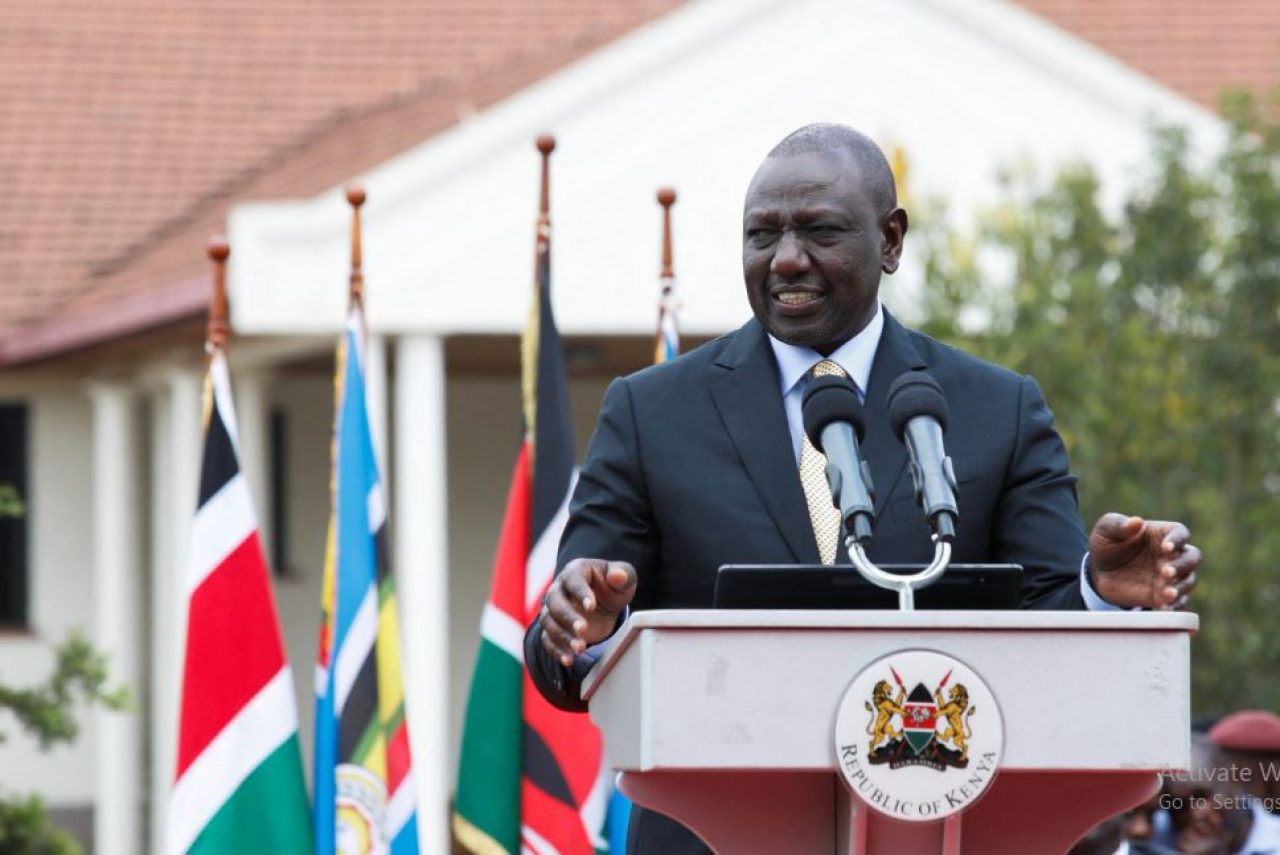
Both sides agreed that objections to a financial bill that was passed into law in June “should be decided in court”, where it is being contested by the opposition. A measure that would have doubled the gasoline value-added tax and imposed a new housing fee was unfrozen by an appeals court in July.
